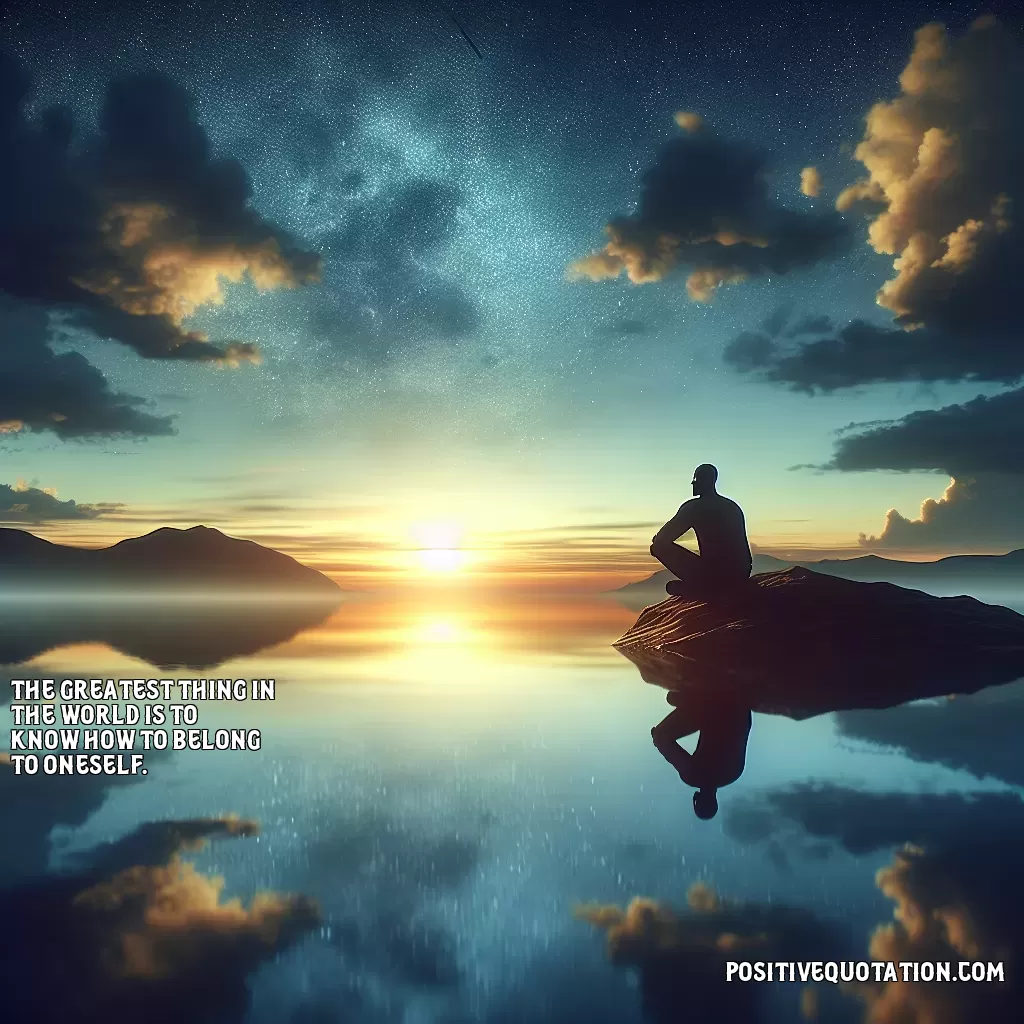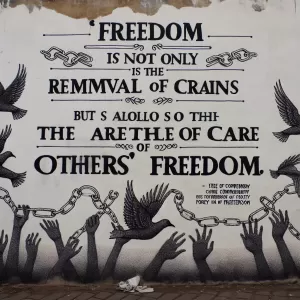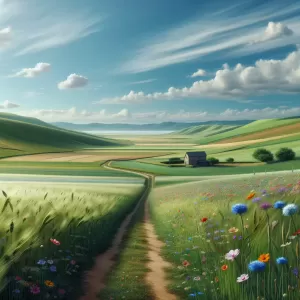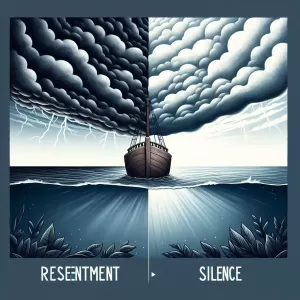
The greatest thing in the world is to know how to belong to oneself.
Author: Michel de Montaigne
👁️ 32 views

The greatest thing in the world is to know how to belong to oneself.
👁️ 32 views
This quote speaks to the profound and deeply personal journey of self-discovery and self-acceptance. To "know how to belong to oneself" suggests a mastery over one's own identity, emotions, and thoughts, free from the external pressures and influences that often shape our lives. It represents the pinnacle of personal freedom and self-reliance. In a world where people constantly seek validation from others—through social media, relationships, or societal norms—the ability to belong to oneself is a rare and valuable trait. This idea is rooted in understanding and accepting who we truly are, with all our strengths and imperfections, independent of how others perceive us. It involves cultivating a strong sense of self-awareness, where one can rely on their inner compass for guidance, rather than being swayed by the opinions and expectations of others. Moreover, belonging to oneself empowers individuals to make authentic choices that resonate with their values and beliefs. It fosters resilience, as individuals who belong to themselves are often better equipped to face life's challenges without losing their sense of purpose and direction. This self-belonging also enhances relationships, as it allows individuals to engage with others from a place of wholeness and genuineness, rather than dependency or neediness. Ultimately, knowing how to belong to oneself is about achieving a harmonious alignment between one's inner world and outer actions, leading to a fulfilling and autonomous life.
Quote By: Michel de Montaigne

Mandela: Freedom is not only the removal of chains but also the care for othe...
👁️ 81 views
Author:
Nelson Mandela
#unique quotes on life

Wounds inflicted by loved ones don't heal because they knew exactly where to ...
👁️ 64 views
Author:
Nikita Gill
#unique quotes on life

If you are neutral in situations of injustice, you have chosen the side of th...
👁️ 64 views
Author:
Desmond Tutu
#unique quotes on life

Real knowledge is to know the extent of one’s ignorance. – Confucius
👁️ 59 views
Author:
Confucius
#unique quotes on life

Chekhov: If a person takes care of their own health, it's hard to find a doct...
👁️ 58 views
Author:
Anton Chekhov
#unique quotes on life

The crowd shows submissive respect toward power. Kindness affects them too, b...
👁️ 56 views
Author:
Friedrich Nietzsche
#unique quotes on life

Anybody can be good in the countryside. There are no temptations there. – Osc...
👁️ 55 views
Author:
Oscar Wilde
#unique quotes on life

The silence after a deep resentment is worse than the resentment itself.
👁️ 54 views
Author:
Marty Rubin
#unique quotes on life
Michel de Montaigne (1533–1592) was a French philosopher and essayist, renowned for developing the literary form of the personal essay. His seminal work, "Essais," explores a wide range of topics, from friendship and death to self-identity and cultural relativism, reflecting his skeptical and introspective worldview. Montaigne's innovative approach to writing and thought has had a profound influence on both literature and philosophy, marking him as a key figure in the Renaissance.
Bio added on: 2025-02-17 02:24:44